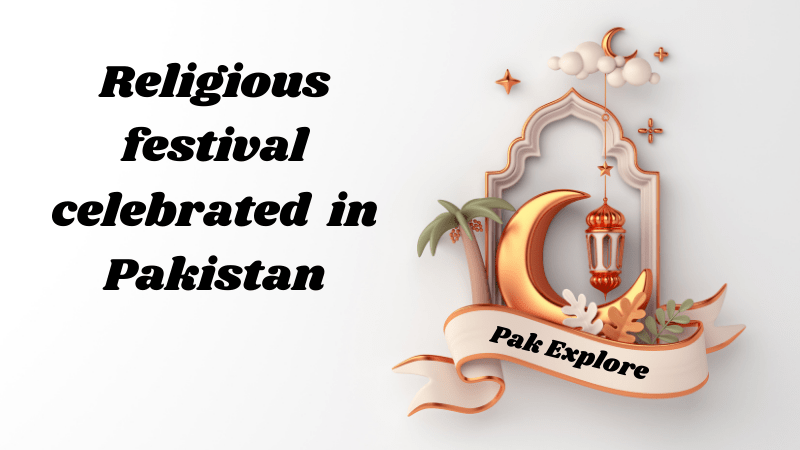Introduction
Pakistan is a country with diverse cultural and religious traditions where followers of different religions and sects live. Muslims here celebrate various religious festivals according to the Islamic calendar, which are part of their religious beliefs and cultural heritage. These include especially Eid al-Fitr, Eid al-Adha, Eid Milad-ul-Nabi, and Shab-e-Barat. These festivals are celebrated in Pakistan with great enthusiasm and devotion and promote social harmony.
Table of Contents
1. Eid al-Fitr
Eid-ul-Fitr is the main religious festival of Muslims which is celebrated at the end of the holy month of Ramadan. Muslims fast and worship throughout the month of Ramadan, and Eid al–Fitr is a day of joy for them. Eid-ul-Fitr is celebrated with great fanfare in Pakistan. On this day, Muslims perform a special prayer, Namaz-Eid, after morning prayers. On this occasion, Fitrana is distributed among the needy people so that they too can share in the joy of Eid.
On Eid-ul-Fitr, special dishes are prepared at home, including soya, biryani, and kebabs. People visit their loved ones, exchange gifts and promote feelings of love and brotherhood.
Watch the video
2. Eid al-Adha
Eid-ul-Adha is also called Eid-ul-Adha or Eid-ul-Azha. This religious festival is celebrated to commemorate the sacrifice of Hazrat Ibrahim and Hazrat Ismail. Eid-ul-Adha begins after the Hajj and is celebrated on the tenth day of the month of Dhul-Hijjah in the Islamic calendar. On this day, Muslims sacrifice an animal (cow, goat, camel, etc.) and divide its meat into three parts: one part for their family, the second part for their relatives, and the third part for the needy. .
Where there are large cattle markets. Special dishes are prepared from the sacrificial meat and eaten together with family members and friends.
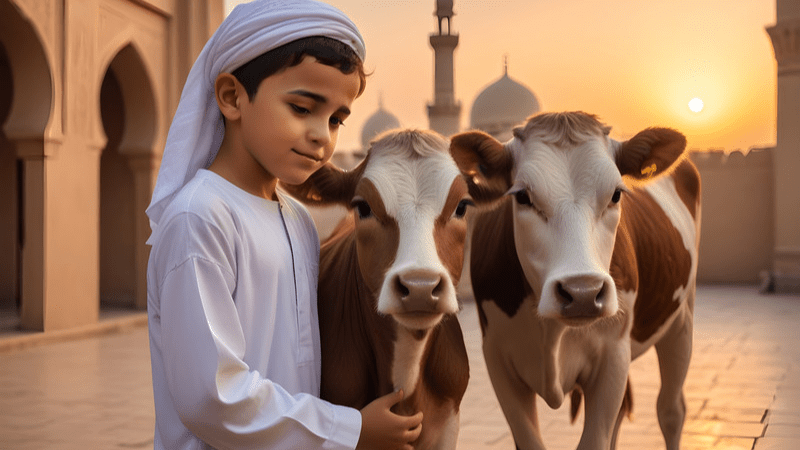
3. Eid Milad-ul-Nabi ﷺ
Eid Milad-ul-Nabi ﷺ is celebrated to celebrate the birth of Prophet Muhammad ﷺ. It is celebrated on the 12th of the Islamic month of Rabi’ul Awwal. The day Mosques and houses are decorated with lights, and gatherings of recitations and recitations are organized. On the occasion of Eid Milad-ul-Nabi ﷺ, large processions are taken out in which Muslims participate to express their love and devotion. Milad-ul-Nabi ﷺ meetings are held in various cities on a large scale in which scholars and speakers shed light on the good life of Prophet Muhammad ﷺ and the teachings of Islam religious .
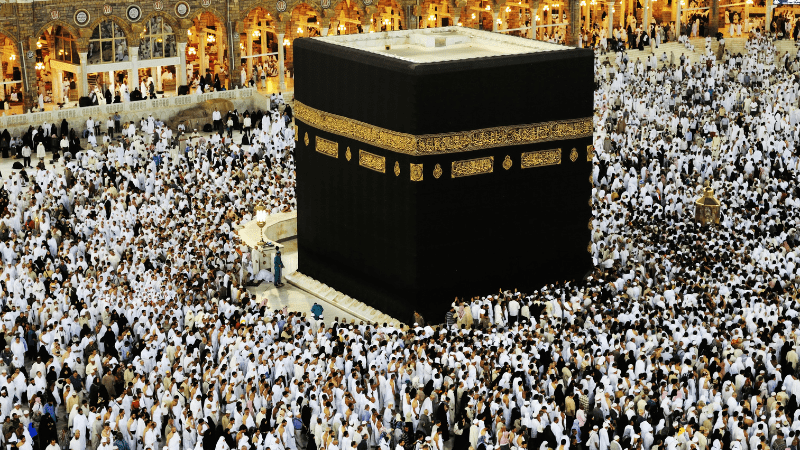
4. Shab Barat
Shab-e-Barat has a special importance in the Islamic calendar. It is celebrated on the 15th night of the month of Shaban. On this night, Muslims believe that Allah accepts the prayers of His servants and forgives their sins. That is why on this night, Muslims recite Nawafal, pray and seek forgiveness for their sins.
On this night, prayers are also performed in homes and special dishes like halwa are prepared and distributed among relatives and friends.
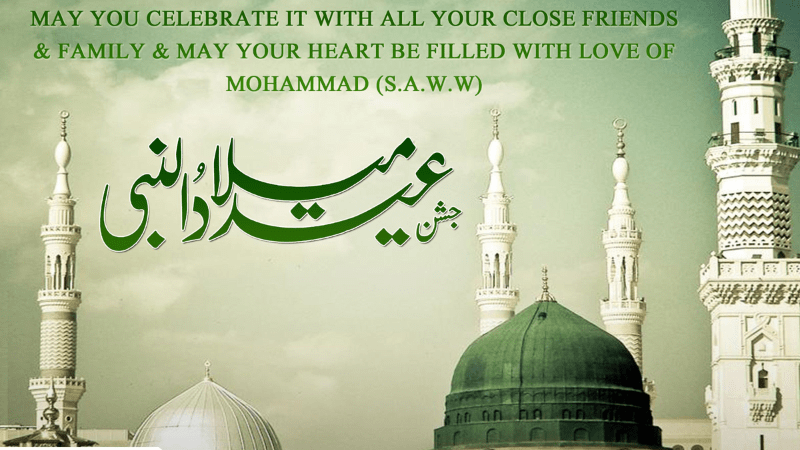
5. Muharram and Ashura
Muharram, the first month of the Islamic year, holds great significance in Islamic history. Ashura, observed on the 10th of Muharram, commemorates the sacrifice of Hazrat Imam Hussain (RA) and his companions in Karbala, who stood for truth and justice against tyranny. In Pakistan, Ashura is marked with processions and majalis, where the message of patience, faith, and steadfastness is shared. This sacred day is observed with deep devotion and respect, especially among Shia Muslims.
6. Night of Ascension
Shab-i-Miraj is celebrated on the 27th of the Islamic month of Rajab. On this night, Muslims commemorate the event when Prophet Muhammad (peace be upon him) was taken to the heavens by Allah and granted him the privilege of seeing him. On this night, special nawafls are performed and Muslims pray to be closer to Allah. On the occasion of Night of Ascension, People pray, recite the Qur’an that Allah guides them and forgives their sins.
7. Shab Qadr
Shab al-Qadr is an important night in the last decade of Ramadan. According to the Qur’an, it is a night better than a thousand months in which Allah reveals the Qur’an. Shab Qadr is celebrated with great devotion in Pakistan. In mosques, people pray, recite the Qur’an and pray to Allah for forgiveness and guidance.
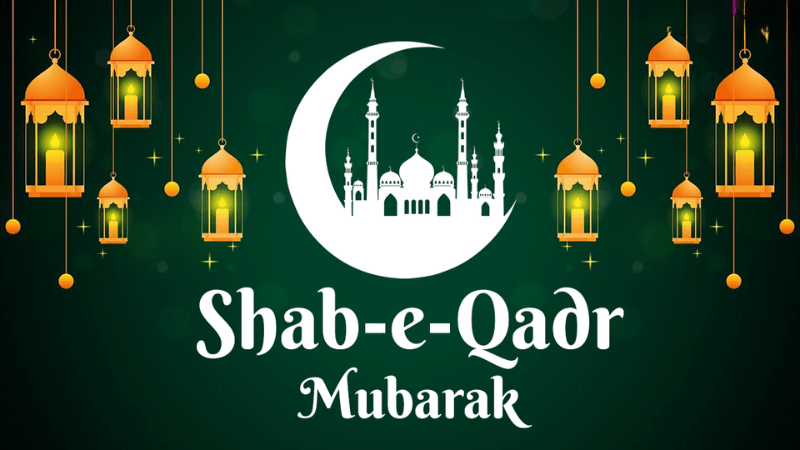
Conclusion
These religious festivals in Pakistan not only strengthen religious beliefs but also play a significant role in promoting social harmony and brotherhood. They provide an opportunity for people to grow closer to Allah, seek forgiveness for their sins, and share in each other’s joys and sorrows. Religious occasions, individuals come together to celebrate, support one another, and reflect on the values of compassion and unity. These religious festivals are a reminder of the importance of kindness, generosity, and community, fostering both spiritual and social connections among the people.
